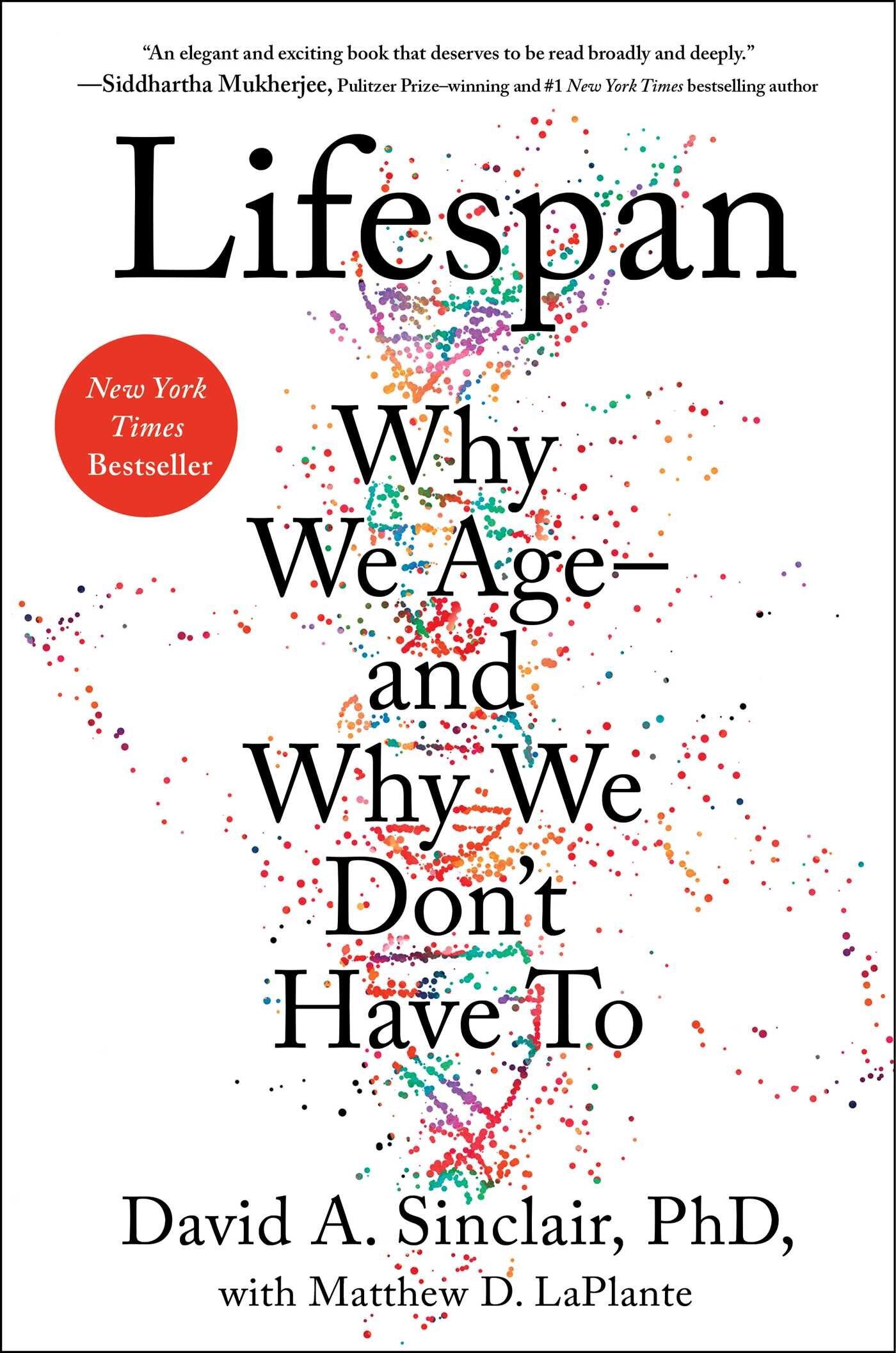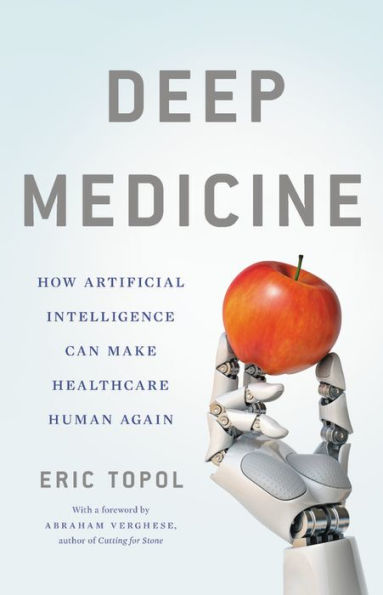Over the last few months I read a bunch of books about bioelectricity. It is kind of mind blowing that I did a PhD in neuroscience with emphasis on electrophysiology and I never heard about any of this. The book “Body electric” by Robert Beck is like reading sci-fi. Among other things I cannot believe they were able to use electricity for wound/bone healing with impressive results in the 1970s. Robert Becker got cancelled, maybe partially because he testified against the energy companies and the military. Recently I emailed a former collaborator: Andrew Marino to ask about Robert Becker. Andrew Marino confirmed that Robert Becker was a top researcher. I would recommend everybody interested in electrophysiology to read the book “Body electric”.
The book “We are electric” by Sally Adee gives a more historical perspective and also focuses more on the research done by Lionel Jaffe’s group and Michael Levin’s group. Apparently Lione Jaffe and Robert Becker did not get along at all.























